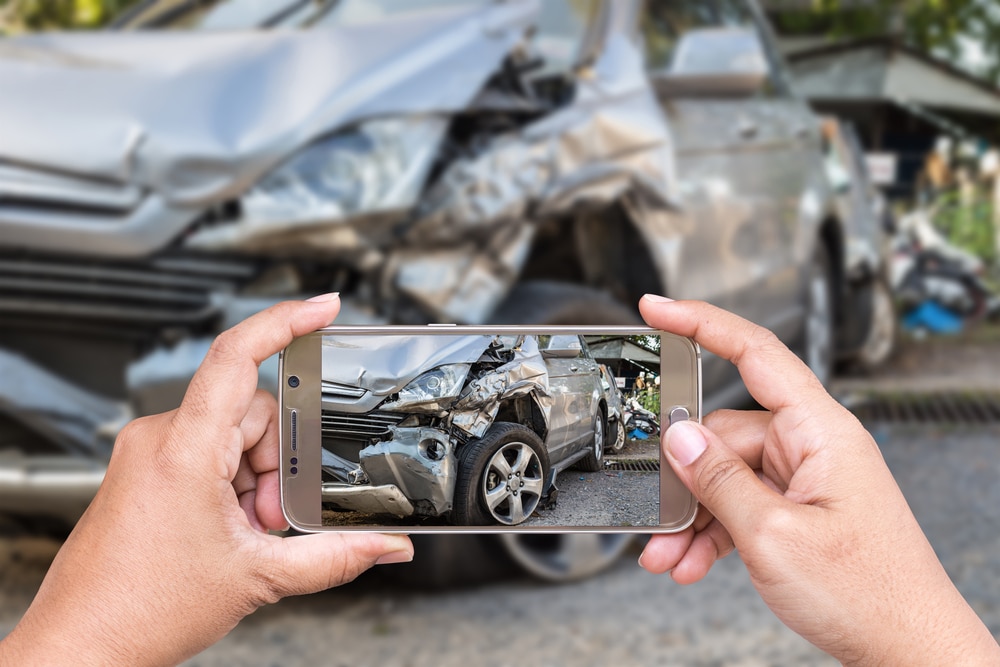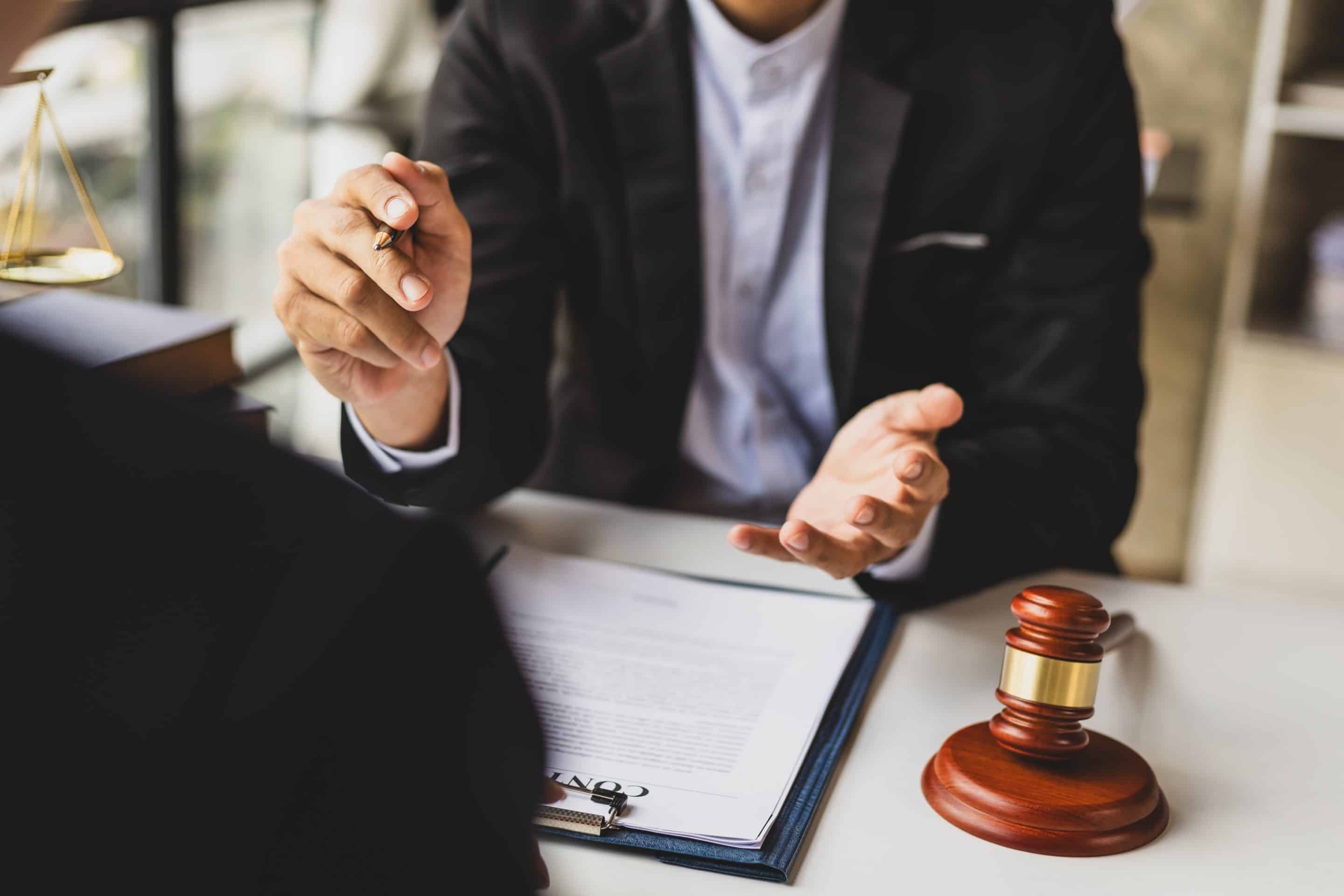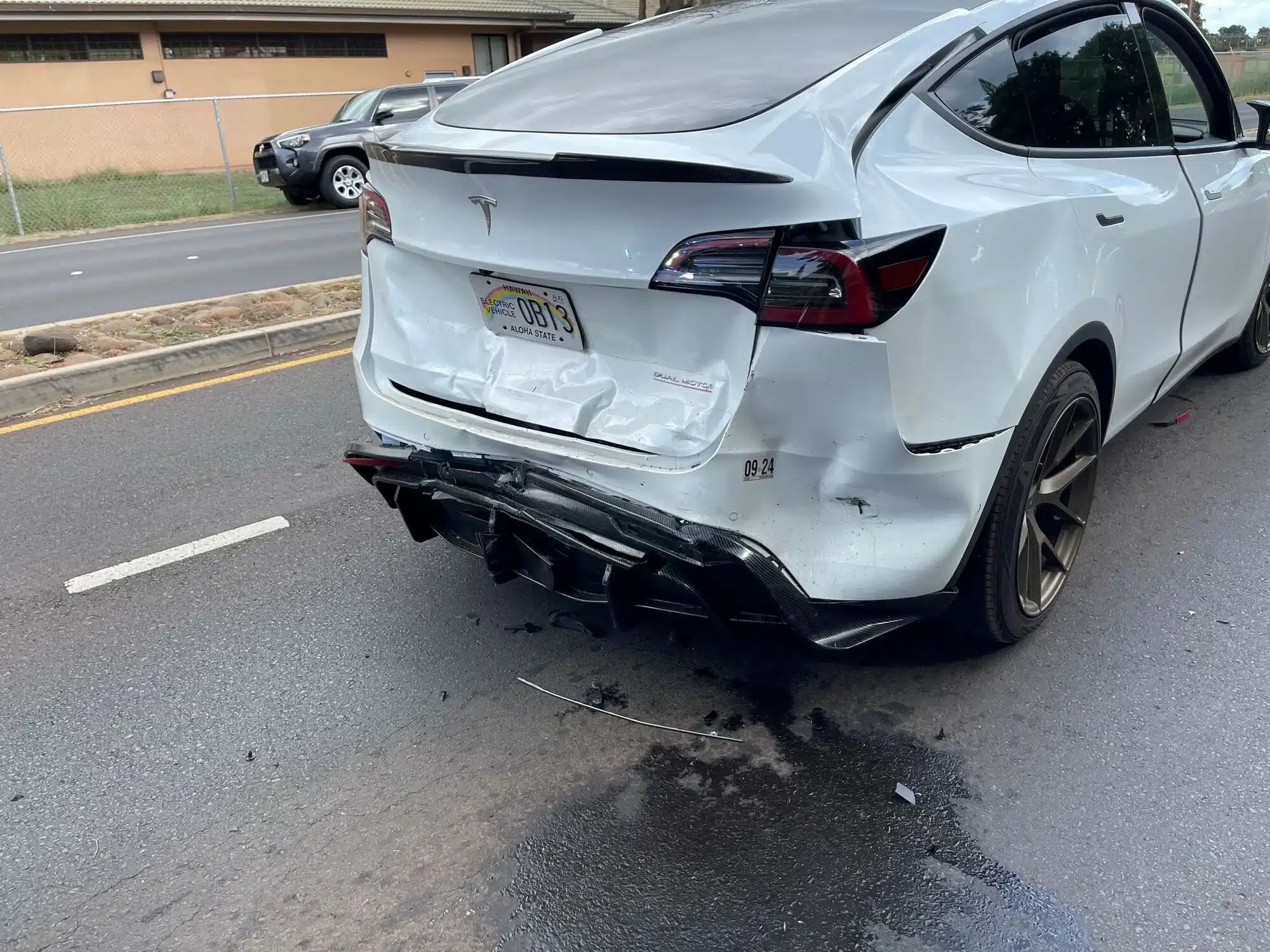How to Handle a Car Accident Involving an Electric Vehicle
Table of Contents
- Understanding the Unique Risks of Electric Vehicle Accidents
- What to Do Immediately After an EV Crash
- Key Differences Between EV and Gasoline Car Accidents
- Insurance Challenges in Electric Vehicle Accidents
- Legal Rights and Compensation After an Electric Vehicle Crash
- Manufacturer Liability in EV Accidents
- Real-World Case Studies: Lessons from Actual EV Crashes
- What to Expect During a Legal Consultation for an EV Accident
- Conclusion
- Call to Action – Roxell Richards Injury Law Firm
1. Understanding the Unique Risks of Electric Vehicle Accidents
Electric vehicles may be quiet and eco-conscious, but their accidents can pose very different hazards than those of gasoline-powered vehicles.
High-voltage battery systems in EVs can increase the risk of post-crash fires, electrocution, and chemical exposure. Although rare, lithium-ion battery fires can be more intense and challenging to extinguish. Emergency responders may need specialized training to manage EV collisions safely.
EVs often have unique structural features, such as different weight distributions and crumple zones, which affect how crashes occur and how damage is assessed. Moreover, regenerative braking and autonomous systems can complicate accident analysis.
2. What to Do Immediately After an EV Crash
If you’re involved in an electric vehicle car accident, follow these steps to protect yourself legally, medically, and financially:
Step 1: Ensure Safety
Move to a safe location and avoid touching any parts of the EV near the battery or high-voltage lines.
Step 2: Call Emergency Services
Due to potential fire or battery hazards, always call 911, even if the damage seems minor.
Step 3: Document the Scene

Take photos/videos of vehicle positions, road conditions, damage, and dashboard information.
Step 4: Exchange Information
Get names, contact details, insurance, and vehicle info, especially if the other car is also electric.
Step 5: Seek Medical Evaluation
3. Key Differences Between EV and Gasoline Car Accidents
- Battery-Related Hazards: Toxic exposure and thermal runaway risks.
- Vehicle Data Logs: Tesla and other brands store accident-related telemetry, which can be critical evidence.
- Repair Costs: EVs often cost more due to battery and specialized parts.
- Vehicle Weight: Heavier EVs may cause more damage in a crash.
4. Insurance Challenges in Electric Vehicle Accidents
Limited Network of Repair Shops
Few facilities are certified to repair EVs, causing delays and disputes.
Higher Total Loss Thresholds
Even minor battery damage can lead to the vehicle being declared a total loss.
Data Usage Disputes
Autopilot logs and telemetry data can either help or hurt your case. Misinterpretation by insurers is common.
Incomplete Coverage
5. Legal Rights and Compensation After an Electric Vehicle Crash

Depending on the circumstances of the accident, you may be eligible to recover damages for:
-
- Medical Costs: This includes emergency room visits, surgeries, ongoing physical therapy, prescriptions, and any future medical care tied to the accident.
- Lost Wages: If your injuries prevent you from working temporarily or permanently, you may recover lost income and diminished future earning capacity.
- Vehicle Repair or Replacement: EV repairs can be costly and time-consuming. You can claim compensation for complete maintenance or the vehicle’s replacement value.
- Pain and Suffering: This accounts for the physical pain and discomfort caused by the accident, which is often evaluated using medical reports and testimony.
- Emotional Distress: Psychological impacts such as anxiety, depression, and PTSD after an accident can be significant, especially when EVs pose unique post-crash risks.
- Punitive Damages: In cases involving gross negligence, such as a known manufacturing defect ignored by the automaker, you may be awarded additional punitive damages to punish the responsible party.
Texas follows the rule of modified comparative fault, which means that your compensation may be reduced if you are partially at fault for the crash. However, you can still recover damages if you are found to be less than 51% responsible. This makes gathering evidence and constructing a strong legal case critical, especially when autonomous or semi-autonomous driving features are involved.
An experienced attorney can ensure all avenues of recovery are pursued and that insurers or opposing parties do not downplay the value of your claim.
6. Manufacturer Liability in EV Accidents
EV crashes sometimes stem from vehicle malfunctions or software errors; in such cases, the vehicle manufacturer may be held legally responsible. Common causes of manufacturer liability include:
- Sudden unintended acceleration due to software bugs or pedal miscalibration
- Faulty sensors in self-driving or driver-assist modes that fail to detect nearby objects or other vehicles
- Battery defects that cause fires after low-impact collisions
- Braking system failures triggered by regenerative braking malfunctions
- Autonomous driving system errors, where the car incorrectly predicts or reacts to road conditions
In each of these instances, manufacturers may be liable if it can be proven that a design flaw, production defect, or failure to adequately warn consumers directly contributed to the crash or the severity of injuries sustained.
You may be able to file a product liability claim against companies like Tesla, Rivian, Ford, or any automaker whose technology played a role in the accident. These claims often require extensive documentation, including expert evaluations, software logs, crash reconstruction, and vehicle diagnostics. Your attorney will coordinate these efforts and ensure the evidence is preserved correctly for negotiation or trial.
Establishing manufacturer liability is a complex legal process that, if proven, can significantly increase your total compensation. That’s why it’s essential to work with a law firm experienced in both personal injury and product liability law.
7. Real-World Case Studies: Lessons from Actual EV Crashes
Case 1: Tesla Autopilot Rear-End Collision

Case 2: Chevy Bolt Battery Fire Post-Accident
After a minor crash, the vehicle caught fire due to a battery impact. The manufacturer settled with the victim for medical damages and property loss.
Case 3: Nissan Leaf Charging Malfunction Post-Collision
After a low-speed accident, the Nissan Leaf’s charging system short-circuited, leading to a garage fire several hours later. The investigation revealed damage to internal wiring. The insurance company initially denied the claim, but legal intervention helped the owner recover property and injury damages.
Case 4: Rivian R1T Side-Impact Collision
In a suburban intersection crash, a Rivian R1T’s side sensors failed to detect an incoming vehicle. The resulting T-bone accident led to serious passenger injuries. Data logs confirmed a sensor malfunction, resulting in a product liability claim against the manufacturer.
Case 5: Electric Scooter Rider Hit by EV
A rideshare user operating a rented e-scooter was hit by an electric SUV turning without yielding. The incident led to a combined personal injury and product liability case, including claims against the SUV manufacturer for lack of pedestrian detection.
These cases highlight why technical data, expert analysis, and experienced legal guidance are essential.
8. What to Expect During a Legal Consultation for an EV Accident
During your initial consultation, your attorney will conduct a thorough intake to understand every aspect of your situation. This includes reviewing the specifics of your car accident, any photos or videos from the scene, and medical records that document your injuries and treatment plan. The goal is to evaluate the strength of your claim and determine liability.
Analyzing the vehicle’s onboard data is one of the most critical aspects in electric vehicle accident cases. Your attorney will either access this data directly or work with technical experts to download logs related to braking, acceleration, Autopilot status, GPS positioning, and sensor activity during the crash. This data can provide irrefutable evidence of how the accident occurred.
Your lawyer will also consider third-party liability, including the vehicle manufacturer, local government for poor road conditions, or other drivers. They will walk you through potential legal strategies and discuss all available avenues for compensation, such as reimbursement for medical expenses, lost wages, emotional trauma, and long-term rehabilitation needs.
Finally, you will receive an overview of what to expect as the case progresses, from filing deadlines to evidence collection and negotiations with insurers. At Roxell Richards Injury Law Firm, we believe justice should be accessible. That’s why we operate on a contingency fee basis: you don’t pay unless we win your case.
9. Conclusion
Handling an electric vehicle car accident requires more than just exchanging insurance information. The involvement of high-tech systems, software logs, and battery hazards means you need a legal team that understands the nuances of EVs.
Stay informed, stay safe, and don’t navigate this process alone. Legal support is key for dealing with injuries, a manufacturer’s defect, or a complex insurance battle.
10. Call to Action – Roxell Richards Injury Law Firm
Were you involved in an electric vehicle accident?
Let us power your case forward.
Roxell Richards Injury Law Firm
Houston, TX z7057
Phone: (713) 974-0388
Fax: (713) 974-0003
Frequently Asked Questions
Are electric vehicle accidents handled differently than regular car accidents?
Yes. EV accidents often involve unique risks such as battery fires, electrical malfunctions, and higher repair costs. These factors can affect liability, insurance claims, and compensation.
Are electric vehicle battery fires more dangerous?
EV battery fires burn hotter, last longer, and can reignite, which may increase the severity of injuries and damages. This can impact medical claims and settlement value.
Can I file a claim if my EV malfunctioned during the accident?
Yes. If a defect contributed to the crash—such as brake failure, software glitches, or battery issues—you may file a product liability claim against the manufacturer.
Are injuries more severe in electric vehicle accidents?
In some cases, yes. The weight, speed, and battery design of EVs can cause greater impact forces, leading to more serious injuries.
What compensation can I recover after an EV accident?
You may recover medical bills, lost wages, property damage, pain and suffering, and compensation for long-term injuries. Defect-related claims may include punitive damages.

